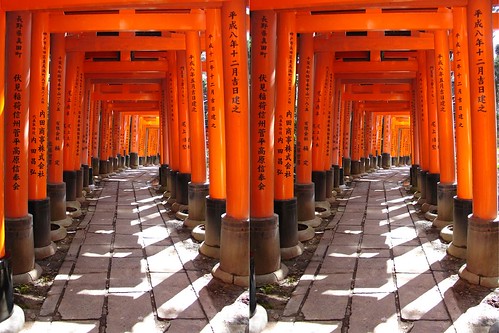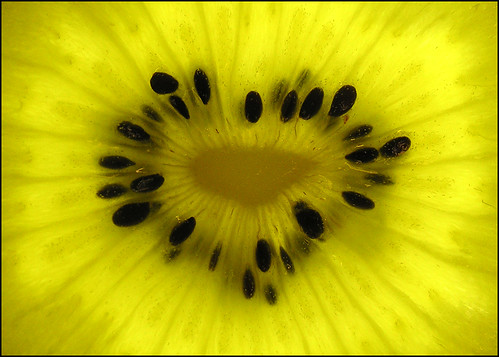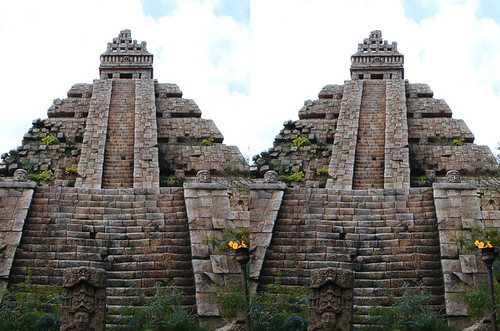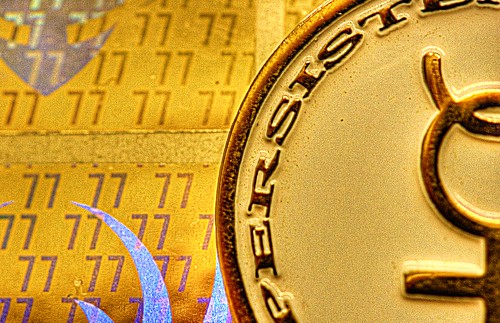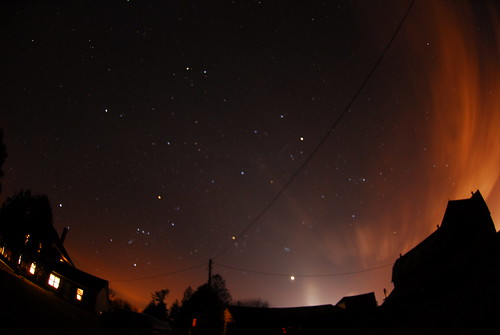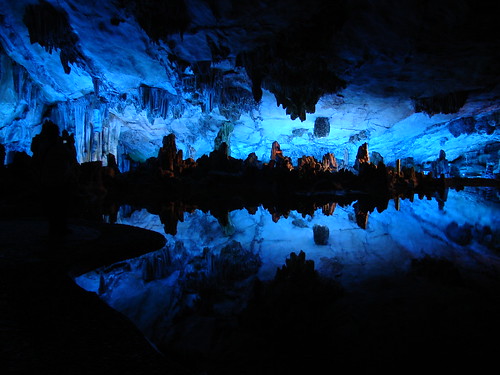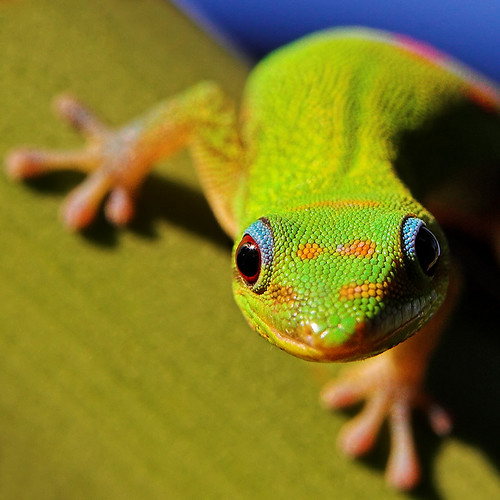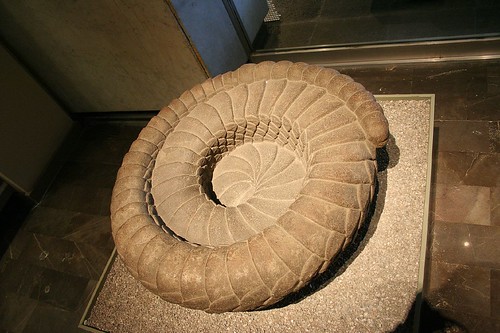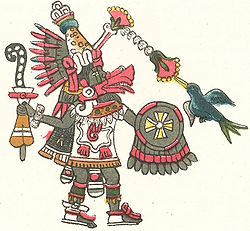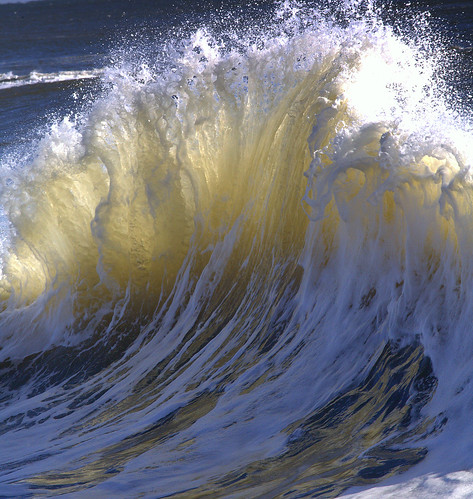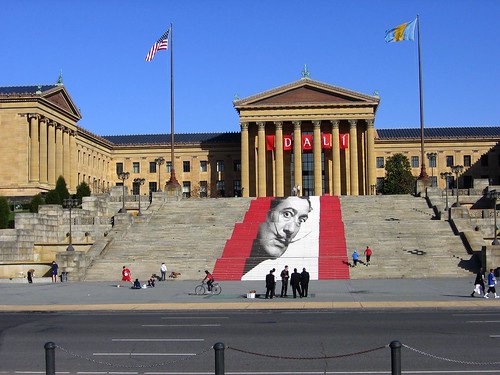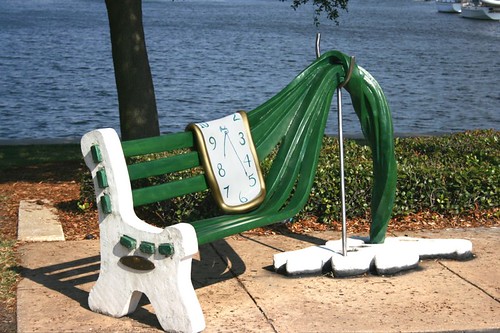La mexicana Maria del Rosario Espinoza enseña su medalla de oro de la categoría de 67 kilos de taekwondo femenino hoy en el gimnasio de la USTB de Pekín.
Maria del Rosario Espinoza (red) of Mexico fights against Nina Solheim of Norway during the Taekwondo women +67kg Gold medal contest at the Beijing Olympic Games in Beijing, China, Aug. 23, 2008. Maria del Rosario Espinoza defeated Nina Solheim and won the gold medal.
Foto cortesía de Mexsport.
SLIDE
sábado, 23 de agosto de 2008
MARÍA DEL ROSARIO ESPINOZA - SEGUNDO ORO PARA MÉXICO - TAEKWONDO WOMEN GOLD :)
jueves, 21 de agosto de 2008
OKSANA ALEKSANDROVNA CHUSOVITINT WON THE SILVER - 2008 GYMNASTICS FINAL
North Korea's Un Jong Hong (C), Germany's Oksana Aleksandrovna Chusovitina (R) and China's Fei Cheng (L) pose during he medal ceremony of the women's vault final of the artistic gymnastics event of the Beijing 2008 Olympic Games in Beijing on Augus Oksana Aleksandrovna Chusovitint 17, 2008. North Korea's Un Jong Hong won the gold, Germany's Oksana Aleksandrovna Chusovitina the silver and China's Fei Cheng the bronze. AFP PHOTO / LLUIS GENE (Photo credit should read LLUIS GENE/AFP/Getty Images)
OKSANA ALEKSANDROVNA CHUSOVITINT WON THE SILVER - 2008 GYMNASTICS FINAL
OKSANA CHUSOVITINA - OLY-2008-GYMNASTICS-FINAL
Germany Oksana Aleksandrovna Chusovitina competes in the women's vault final of the artistic gymnastics event of the Beijing 2008 Olympic Games in Beijing on August 17, 2008. North Korea's Un Jong Hong won the gold, Germany's Oksana Aleksandrovna Chusovitina the silver and China's Fei Cheng the bronze. AFP PHOTO / KAZUHIRO NOGI (Photo credit should read KAZUHIRO NOGI/AFP/Getty Images)
OKSANA CHUSOVITINA - OLY-2008-GYMNASTICS-FINAL
PAOLA ESPINOZA Y TATIANA ORTÍZ, BRONCE, ¡FELICIDADES MÉXICO!
BEIJING - AUGUST 12: (L-R) Silver medalists Melissa Wu and Briony Cole of Australia, gold medalists Wang Xin and Chen Ruolin and bronze medalists Tatiana Ortiz and Paola Espinosa of Mexico competes stand on the podium during the medal ceremony for the Women's Synchronised 10m Platform Final held at the National Aquatics Center during day 4 of the Beijing 2008 Olympic Games on August 12, 2008 in Beijing, China. (Photo by Clive Rose/Getty Images)
PAOLA ESPINOZA Y TATIANA ORTÍZ, BRONCE, ¡FELICIDADES MÉXICO!
TATIANA ORTÍZ / PAOLA ESINOZA
Las mexicanas Tatiana Ortíz y Paola Espinosa de la competencia de clavados femenil de parejas, durante los Juegos Panamericanos Rio 2007.
TATIANA ORTÍZ / PAOLA ESINOZA
GUILLERMO PÉREZ ¡ES DE ORO!

Guillermo Pérez ¡Es de Oro!, originalmente cargada por M@rcopako.
GUILLERMO PÉREZ ¡ES DE ORO!
lunes, 18 de agosto de 2008
BELLAGIO CEILING, "FIORI DI COMO" IN 3D
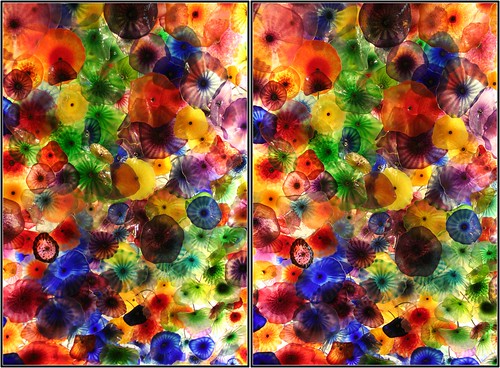
Bellagio Ceiling, "Fiori di Como" in 3D, originalmente cargada por craighagan.
At first glance, not much depth, but, lots of texture from the various bits of glass. Give it a good look; cha cha method.
Here are three techniques for viewing this photo,
One: www.vision3d.com/fftext.html
Two: www.vision3d.com/methd02.html
BELLAGIO CEILING, "FIORI DI COMO" IN 3D
FUSHIMI-INARI TORII GATES IN 3D
Hundreds of these red Torii gates line the pathways above Fushimi-Inari Taisha - an immensely popular Shinto shrine in Southeast Kyoto. 3D is the next best thing to being there. A small scene from the woeful "Memoirs of a Geisha" was filmed here. In Japan, it was known as "Sayuri". So many sins committed by the makers of that film that infuriated the Japanese - Having Chinese actors playing the lead roles - having the actors speak English - filming most of it in California - & thinking no one would notice!
etc. etc. So typical of how Hollywood sees Asia.
FUSHIMI-INARI TORII GATES IN 3D
MAYA PYRAMID IN 3D AT TOKYO DISNEY SEA
Based on Maya pyramid ruins from the jungles of the Yucatan in Mexico - looks very impressive. Inside is an "Indiana Jones" ride. The stela at the foot of the stairs is based on one from Copan in Honduras. You almost forget you're really in Japan.
MAYA PYRAMID IN 3D AT TOKYO DISNEY SEA
jueves, 7 de agosto de 2008
MANTA @ MONAD SHOAL CLOSE
Manta @ Monad Shoal Close, originalmente cargada por Wreckferret.
My close-up footage of this lovely Manta who came over us at the cleaning station at 'Manta Point' on an afternoon dive on Monad Shoal, Malapascua, Philippines, March 2008.
Check out the 'distance video' that shows me in relation to her coming close on another of her 'flybys'.
MANTA @ MONAD SHOAL CLOSE
miércoles, 6 de agosto de 2008
martes, 5 de agosto de 2008
ANICENT LOVER'S EMBRACE

Anicent Lover's Embrace, originalmente cargada por Fort Photo.
Large on Black
One of my favorite things about Lake Tahoe without a doubt has to be the trees. The area features a fantastic variety of conifers, with many (such as these old growth incense cedars) reaching dizzying heights. I seem to have a particular attachment to when two trees grow to such an old age in such close proximity to each other, it's all too easy to anthropomorphize some great stories. ;-)))
ANICENT LOVER'S EMBRACE
SANDALA COSMOS
A Sandhill Crane Bosque Mandala of my own choosing.. perhaps it was those weird berries I ate in the woods. ;-))))
SANDALA COSMOS
ENTERING HYPERSPACE
In Toulouse, southern France, the unique metro line is entirely driven by computers. There's no human driver. So you go to the front and see the train's tracks.
I set the shutter opened for 5 seconds, waited for a curve and click!
There's no post effect!
You may also try my speed tag ;-)
One year later edit:
Today, this picture has been posted a year ago and collected:
145 comments
1 note
7,349 views
273 people call this a favorite
I wanted to say that I thank you, I thank flickr team too.
This is the good example of motivation this website community could give and helped me to improve my passion.
Take care.
ENTERING HYPERSPACE
ZODIACAL LIGHT
:10 Things
This. This makes me happy. I saw the Zodiacal light gradually appear. At first I was thinking, nah, can't be, just light pollution. But then I realized it was looking like a cone of light. After 10 minutes it began to fade and I knew it was the Zodiacal light which I had been chasing for the last six weeks...
ZODIACAL LIGHT
SUNTED IN BABYLON BY RAPHAEL LACOSTE
Babylon: Ancient Middle Eastern city. The city's ruins are located about 55 mi (89 km) south of Baghdad, near the modern city of Al-Hillah, Iraq. Babylon was one of the most famous cities in antiquity. Probably first settled in the 3rd millennium BC, it came under the rule of the Amorite kings around 2000 BC. It became the capital of Babylonia and was the chief commercial city of the Tigris and Euphrates river system. Destroyed by Sennacherib in 689 BC, it was later rebuilt. It attained its greatest glory as capital of the Neo-Babylonian empire under Nebuchadrezzar II (r. 605 – c. 561 BC). Alexander the Great, who took the city in 331 BC, died there. Evidence of its topography comes from excavations, cuneiform texts, and descriptions by the Greek historian Herodotus. Most of the ruins are from the city built by Nebuchadrezzar. The largest city in the world at the time, it contained many temples, including the great temple of Marduk with its associated ziggurat, which was apparently the basis for the story of the Tower of Babel. The Hanging Gardens, a simulated hill of vegetation-clad terracing, was one of the Seven Wonders of the World.
SUNTED IN BABYLON BY RAPHAEL LACOSTE
ISHTAR GATE
Detail of the Babylonian Ishtar Gate depicting the principal Babylonian deity Marduk, with its typical serpent's head, viper's horns, scorpion's tail, front feline paws and rear bird claws.
These polychrome relief tiles were excavated in the 1930s by the German archaeologist Robert Koldewey. The tiles were completely shattered, requiring around two years to clean, preserve and reassemble. The more vivid blue tiles surrounding the figure were recreated using the original glazing process to complete the front of the restored Ishtar Gate at the Pergamon Museum in Berlin.
ISHTAR GATE
CERN IN VISUAL SLANG 2008
EL REY Y LA REINA
Es una emoción indescriptible ver estos preciosos animales a unos 5 o 6 metros de distancia, altamente recomendable.
Saludos y feliz semana amigos.
The Photo of the Day for June 12, 2008 en Spectacular Animals.
Gracias a todos.
EL REY Y LA REINA
lunes, 4 de agosto de 2008
SHORT - HORNED TOAD TAMER
Small boy playing on one of three desert creature sculptures in Las Vegas' McCarran International Airport, NV. The other two sculptures, equally large, were a scorpion and a rattlesnake.
SHORT - HORNED TOAD TAMER
VAN GOGH + MONA LISA TEAPOT SIDE 1
Sculptural teapot by Noi Volkov on display at the Renwick Gallery, a branch of the Smithsonian Institution near the White House, in Washington, DC. "...in "Mona Lisa/Van Gogh," artist Noi Volkov utilizes the two sides of a head-shaped earthenware teapot to juxtapose two of the most popular images in the history of art: Leonardo da Vinci's "Mona Lisa" and a Vincent van Gogh self-portrait. Volkov playfully depicts Van Gogh's famously self-severed ear by painting it separately on the pot's thin, solid handle.” Source: sparta-nc.com/tea/steeped.htm (Explore, #304)
VAN GOGH + MONA LISA TEAPOT SIDE 1
PENA AQUARELA
QUETZALCOATL THE SERPENT GOD
Intriguing that this representation should have fractal/nautilus-like overtones.
QUETZALCOATL THE SERPENT GOD
MASK OF QUETZALCOATL - The British Museum

| British Museum | |
|---|---|
| Established | 1753 |
| Location | Great Russell Street, London WC1, England |
| Collection size | 7 million objects |
| Museum area | 588,000 sq ft (54,600 m2) in 94 Galleries |
| Visitor figures | 6,049,000 (2007–2008) |
| Director | Neil MacGregor |
| Nearest tube station(s) | Holborn, Tottenham Court Road, Russell Squarebuyaka |
| Website | www.britishmuseum.org |
The British Museum is a museum of human history and culture situated in London. Its collections, which number more than 7 million objects, are amongst the largest and most comprehensive in the world and originate from all continents, illustrating and documenting the story of human culture from its beginning to the present[a].
The British Museum was established in 1753, largely based on the collections of the physician and scientist Sir Hans Sloane. The museum first opened to the public on 15 January 1759 in Montagu House in Bloomsbury, on the site of the current museum building. Its expansion over the following two and a half centuries has resulted in the creation of several branch institutions, the first being the British Museum of Natural History in South Kensington in 1887. Until 1997, when the current British Library building opened to the public, replacing the old British Museum Reading Room, the British Museum was unique in that it housed both a national museum of antiquities and a national library in the same building.
The museum is a non-departmental public body sponsored by the Department for Culture, Media and Sport. As with all other national museums and art galleries in Britain, the Museum charges no admission fee, although charges are levied for some temporary special exhibitions. Since 2001 the director of the Museum has been Neil MacGregor.

Quetzalcoatl (Classical Nahuatl: Quetzalcōhuātl pronounced [ke.ʦal.ˈkoː.waːtɬ]) is a benevolent and mythical deity, creator of humanity in the Toltec tradition, predating the Mexica (Aztecs) god. The name is a combination of quetzal, a brightly colored Mesoamerican bird, and coatl, meaning serpent. He is woven into a mythical prince Topiltzin of Tula, who left that kingdom to found Chichen Itza, legend holds. There are links in architectural and ballgame details of the two historic sites.--Rudraksha108 (talk) 20:07, 19 February 2009 (UTC)
The name was also taken on by various ancient leaders. Due to their cyclical view of time and the tendency of leaders to revise histories to support their rule, many events and attributes attributed to Quetzalcoatl are exceedingly difficult to separate from the political leaders that took this name on themselves. Quetzalcoatl is often referred to as The Feathered Serpent and was connected inseparable from the planet Venus. He was also the patron god of the Aztec priesthood, of learning and knowledge. Today Quetzalcoatl is arguably the best known Aztec deity. However, Quetzalcoatl was one of several important gods in the Aztec pantheon along with the gods Tlaloc, Tezcatlipoca and Huitzilopochtli.
Several other Mesoamerican cultures are known to have worshipped a feathered serpent god: At Teotihuacan the several monumental structures are adorned with images of a feathered serpent (Notably the so-called "Citadel and Temple of Quetzalcoatl"). Such imagery is also prominent at such sites as Chichen Itza and Tula. This has led scholars to conclude that the deity called Quetzalcoatl in the Nahuatl language was among the most important deities of Mesoamerica.
The god Quetzalcoatl was sometimes conflated with Topiltzin Ce Acatl Quetzalcoatl, a semi-legendary 10th century Toltec ruler.
Religion and ritual
The worship of Quetzalcoatl sometimes included animal sacrifices, and in most traditions Quetzalcoatl was said to oppose human sacrifice.[citation needed]
Mesoamerican priests and kings would sometimes take the name of a deity they were associated with, so Quetzalcoatl and Kukulcan are also the names of historical persons.
One noted Post-Classic Toltec ruler was named Quetzalcoatl; he may be the same individual as the Kukulcan who invaded Yucatán at about the same time. The Mixtec also recorded a ruler named for the Feathered Serpent. In the 10th century a ruler closely associated with Quetzalcoatl ruled the Toltecs; his name was Topiltzin Ce Acatl Quetzalcoatl. This ruler was said to be the son of either the great Chichimeca warrior, Mixcoatl and the Culhuacano woman Chimalman, or of their descent.
It is believed that the Toltecs had a dualistic belief system. Quetzalcoatl's opposite was Tezcatlipoca, who, in one legend, sent Quetzalcoatl into exile. Alternatively, he left willingly on a raft of snakes, promising to return.
The Aztecs turned him into a symbol of dying and resurrection and a patron of priests. When the Aztecs adopted the culture of the Toltecs, they made twin gods of Tezcatlipoca and Quetzalcoatl, opposite and equal; Quetzalcoatl was also called White Tezcatlipoca, to contrast him to the black Tezcatlipoca. Together, they created the world; Tezcatlipoca lost his foot in that process.
Along with other gods, such as Tezcatlipoca and Tlaloc, Quetzalcoatl was called "Ipalnemohuani", a title reserved for the gods directly involved in the creation, which means "by whom we live". Because the name Ipalnemohuani is singular, this led to speculations that the Aztec were becoming monotheistic and all the main gods were only one. While this interpretation cannot be ruled out, it is probably an oversimplification of the Aztec religion.
Attributes
The exact significance and attributes of Quetzalcoatl varied somewhat between civilizations and through history. Quetzalcoatl was often considered the god of the morning star, and his twin brother Xolotl was the evening star (Venus). As the morning star he was known by the title Tlahuizcalpantecuhtli, meaning "lord of the star of the dawn." He was known as the inventor of books and the calendar, the giver of maize (corn) to mankind, and sometimes as a symbol of death and resurrection. Quetzalcoatl was also the patron of the priests and the title of the Aztec high priest.
Most Mesoamerican beliefs included cycles of suns. Usually, our current time was considered the fifth sun, the previous four having been destroyed by flood, fire and the like. Quetzalcoatl allegedly went to Mictlan, the underworld, and created fifth-world mankind from the bones of the previous races (with the help of Chihuacoatl), using his own blood, from a wound in his penis, to imbue the bones with new life.
His birth, along with his twin Xolotl, was unusual; it was a virgin birth, to the goddess Coatlicue. Alternatively, he was a son of Xochiquetzal and Mixcoatl.
One Aztec story claims that Quetzalcoatl was seduced by Tezcatlipoca into becoming drunk and sleeping with a celibate priestess, and then burned himself to death out of remorse. His heart became the morning star (see Tlahuizcalpantecuhtli).
http://en.wikipedia.org/wiki/Quetzalcoatl
http://en.wikipedia.org/wiki/Aztec
http://en.wikipedia.org/wiki/British_Museum
MASK OF QUETZALCOATL - The British Museum
sábado, 2 de agosto de 2008
TAFFY WAVE - ATLANTIC OCEAN
In all things of nature there is something of the marvelous.
~ Aristotle
TAFFY WAVE - ATLANTIC OCEAN
viernes, 1 de agosto de 2008
THE UNIVERSE (IN 3D)
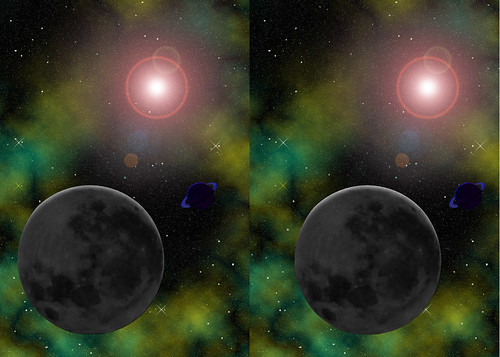
The Universe (in 3D), originalmente cargada por e20ci.
To view in 3D, click here to see the large version. Cross your eyes slowly. You will see three images, and the middle one will pop out at you. (It might take a bit of practice for you to get it the first time).
THE UNIVERSE (IN 3D)
PHILADELPHIA ART MUSEUM DURING THE DALÍ SHOW
SALVADOR DALÍ'S MELTED BENCH
This bench, made to be reminiscent of Dali's 'Disintegration of the Persistance of Memory', is located outside of the Salvador Dali Art Museum in St. Petersburg, Florida.
I wish I'd taken the time to get a better picture of this bench. It was getting late and I didn't want to drive all the way home in the dark, so I just snapped a quick shot of this as I was leaving. And I didn't notice the tree in the background.
For some reason, all of a sudden this photo has been clicked on 10-20 times a day from Yahoo Image Search, sending this shot to the top of my most viewed list very quickly.
SALVADOR DALÍ'S MELTED BENCH






